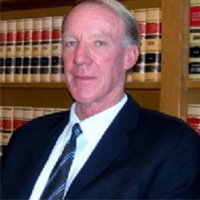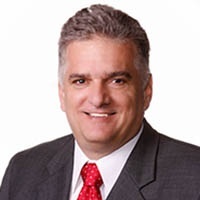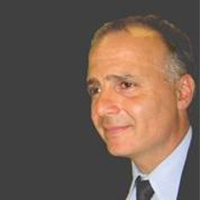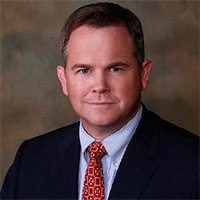Holy City Felony Lawyer, California
Sponsored Law Firm
-
 x
x

Click For More Info:
-
Edwin Samuels Attorney At Law
220 South California Avenue Suite 246 Palo Alto, CA 94306» view mapCriminal Defense Law Experienced. Passionate. Persistent.
At Edwin E. Samuels, Attorney At Law, in Palo Alto, I've been representing Californians charged with a range of offenses for forty years.
800-918-7091
James A. Dal Bon
✓ VERIFIEDAt The Law Offices of James Dal Bon, we are solutions-driven in our representation of both employers and employees involved in complex and costly disp... (more)
Diego F. MacWilliam
✓ VERIFIEDIf you have been arrested, perhaps for the first time, I understand how you feel and what you're going through. I am available to you for a no cost, ... (more)
Jerome Pierce Mullins
✓ VERIFIEDIf you or someone you know is charged with a serious criminal offense, I will discuss the matter at no charge. Please call me any time of the day or n... (more)
Robert Cummings
The Law Offices of Robert G. Cummings is devoted to the defense of individuals and entities charged with or facing criminal prosecution. Mr. Cummings... (more)
William A. Chestnut
FREE CONSULTATION
CONTACTFREE CONSULTATION
CONTACTThomas Nicholas Cvietkovich
FREE CONSULTATION
CONTACT Edwin Samuels Palo Alto, CA
Edwin Samuels Palo Alto, CA




